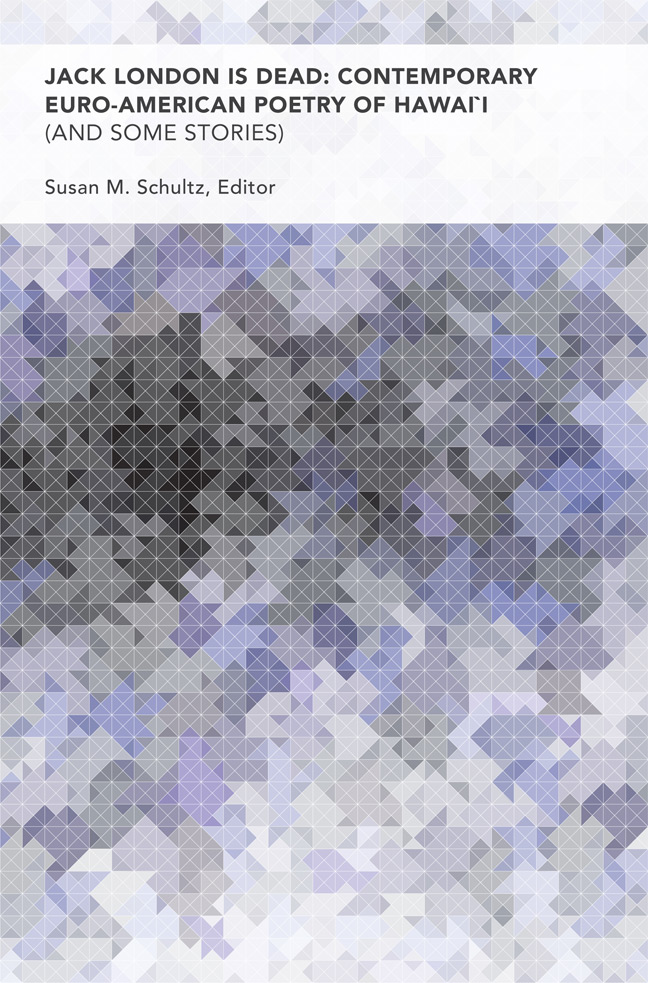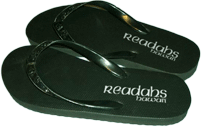 The latest anthology from TinFish Press is a collection of poems and stories from local “Euro-Americans” (being the term to encompass the “different categories of whiteness in Hawaiʻi”) and their experience as a marginalized voice within the island literary community.
The latest anthology from TinFish Press is a collection of poems and stories from local “Euro-Americans” (being the term to encompass the “different categories of whiteness in Hawaiʻi”) and their experience as a marginalized voice within the island literary community.
With work from well known local poets Susan Schultz and Eric Paul Shaffer, plus several more nationally published and award winning poets, the book is a patchwork of different styles–some playing with tempo and others with words or expression and feeling. However, the perspectives are all unique, insightful, and vulnerable yet fierce.
I very much enjoyed reading Schultz’s Introduction and pondering some of the questions she poses regarding racial and cultural exclusion and how we express our identities or perceive ethnicity–the ambiguity of belonging and yet not belonging. After their selections many of the authors have short bios or statements where they address the issue of race and writing in Hawaiʻi. These are also very thought provoking.
Here are a couple of sections I found most affecting:
- Jaimie Gusman, founder of M.I.A. Literary Series, writes briefly about how literature and poetry in Hawaiʻi is rooted in “family, mythology, food and land” and how those things inspire her to make connections and write about her own interests, family and culture.
My island is literal and spiritual. I am removed from my Jewishness physically and geographically, but that isolation also works to bring me closer to my origins. This island in the middle of the Pacific has made me understand how displacement is a matter of body and mind, that the spiritual is also physical. My displacement works to revive what is lost , a significant outcome of living on land that reminds you of what is simultaneously yours and not yours.
–Jaimie Gusman, author statement pg. 122
- Anne Kennedy’s poem “Hello Kitty, Goodbye Piccadilly” is a delight of words and ideas. It’s quite long but you never want it to end–the back and forth ping ponging prose of the good and bad in Paradise. Originally from New Zealand, Kennedy finds similarities here in Hawaiʻi.
When I was at primary school in Aotearoa in the late sixties, the teachers tried to train us to speak like the Queen of England. ‘How now, brown cow.’ we chanted. Our New Zealand accents were considered lowly and shameful. The lessons were a failure. We kept talking New Zild. In my lifetime that perception has changed. For a long time now it has been okay to sound the way we sound. I remember the exhilarating feeling, early on, of first reading poets who wrote the way we speak. … In Hawaiʻi I understand this all over again. I didn’t sound right, and therefore I write.
–Anne Kennedy, author statement pg. 152
Hawaiʻi’s literary environment has no shortage of diversity, yet it was educational (and even a little shocking for me) to see how some issues of race and literature remain invisible in the islands. At any rate, I highly recommend picking up a copy of this book via the TinFish Press website. This ambitious collection is a much needed addition to contemporary local literature and a refreshing look at the realities and intricacies of being a white writer in Hawaiʻi.




